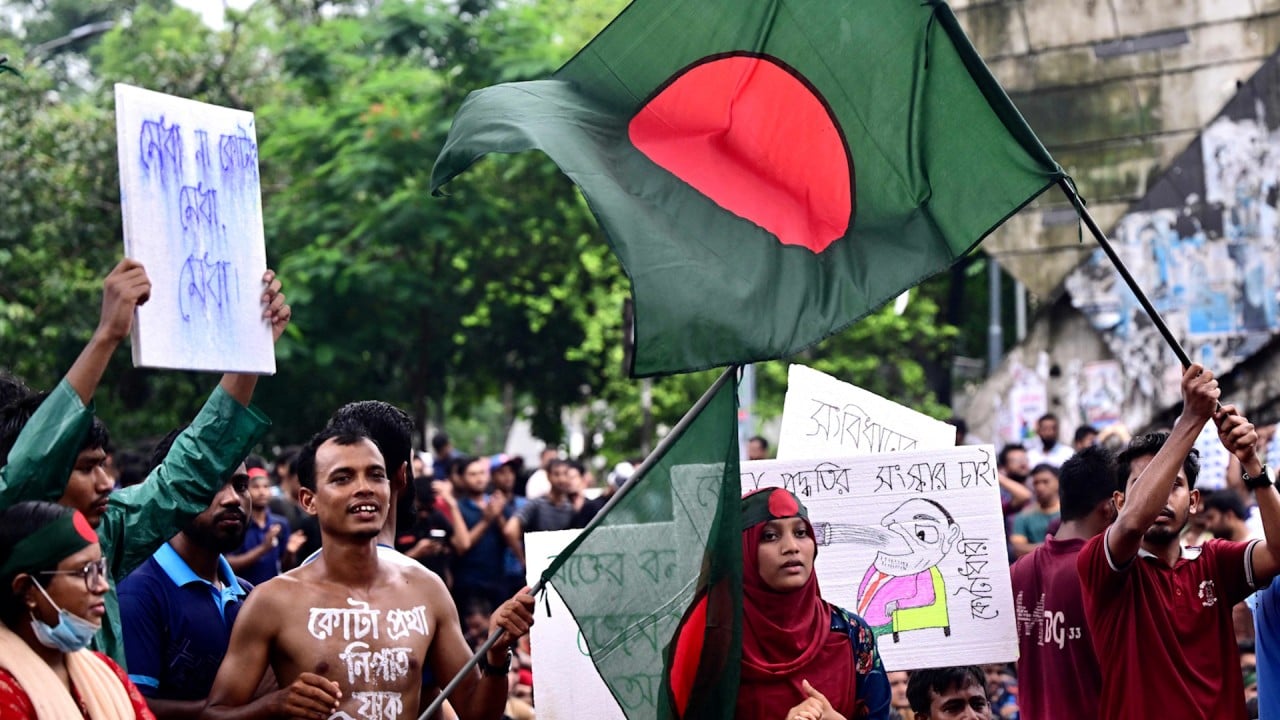Jobs
Bangladesh court to rule on government job quotas that sparked deadly clashes

The Supreme Court was meeting later Sunday to issue a verdict on whether to abolish the contentious job quotas.
Hasina, whose opponents accuse her government of bending the judiciary to her will, hinted to the public this week that the scheme would be scrapped.
But after the mounting crackdown and a rising death toll, a favourable verdict is unlikely to mollify white-hot public anger.
“It’s not about the rights of the students any more,” business owner Hasibul Sheikh, 24, said at the scene of a Saturday street protest, held in the capital Dhaka in defiance of a nationwide curfew.
“Our demand is one point now, and that’s the resignation of the government.”
The catalyst for this month’s unrest is a system that reserves more than half of civil service posts for specific groups, including children of veterans from the country’s 1971 liberation war against Pakistan.
Critics say the scheme benefits families loyal to Hasina, 76, who has ruled the country since 2009 and won her fourth consecutive election in January after a vote without genuine opposition.
Bangladesh extended the curfew on Sunday as authorities braced for the court hearing. The curfew will continue for an “uncertain time”, local media reported.
Hasina’s government is accused by rights groups of misusing state institutions to entrench its hold on power and stamp out dissent, including by the extrajudicial killing of opposition activists.
With Bangladesh unable to provide adequate employment opportunities for its 170 million people, the quota scheme is a pronounced source of resentment among young graduates facing an acute jobs crisis.
Hasina inflamed tensions this month by likening protesters to the Bangladeshis who had collaborated with Pakistan during the country’s independence war.
“Rather than try to address the protesters’ grievances, the government’s actions have made the situation worse,” Crisis Group’s Asia director Pierre Prakash said.
Hasina had been due to leave the country on Sunday for a diplomatic tour to Spain and Brazil but abandoned her plans after a week of escalating violence.
Since Tuesday at least 133 people, including several police officers, have been killed in clashes around the country, based on a count of victims reported by police and hospitals.
The US State Department warned Americans on Saturday not to travel to Bangladesh and said it would begin removing some diplomats and their families from the country due to the civil unrest.
Additional reporting by Reuters











